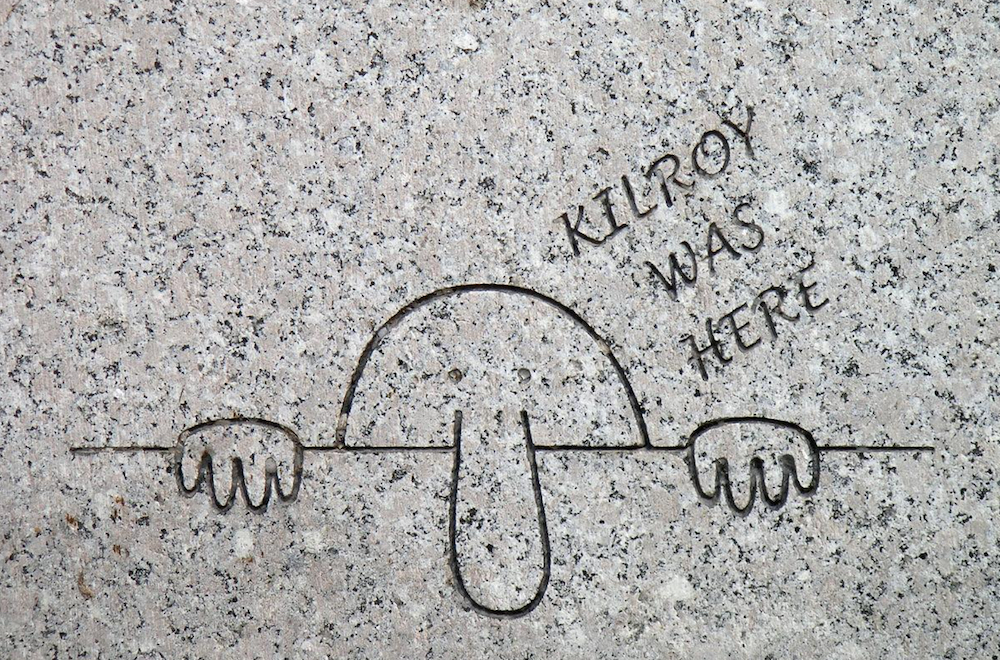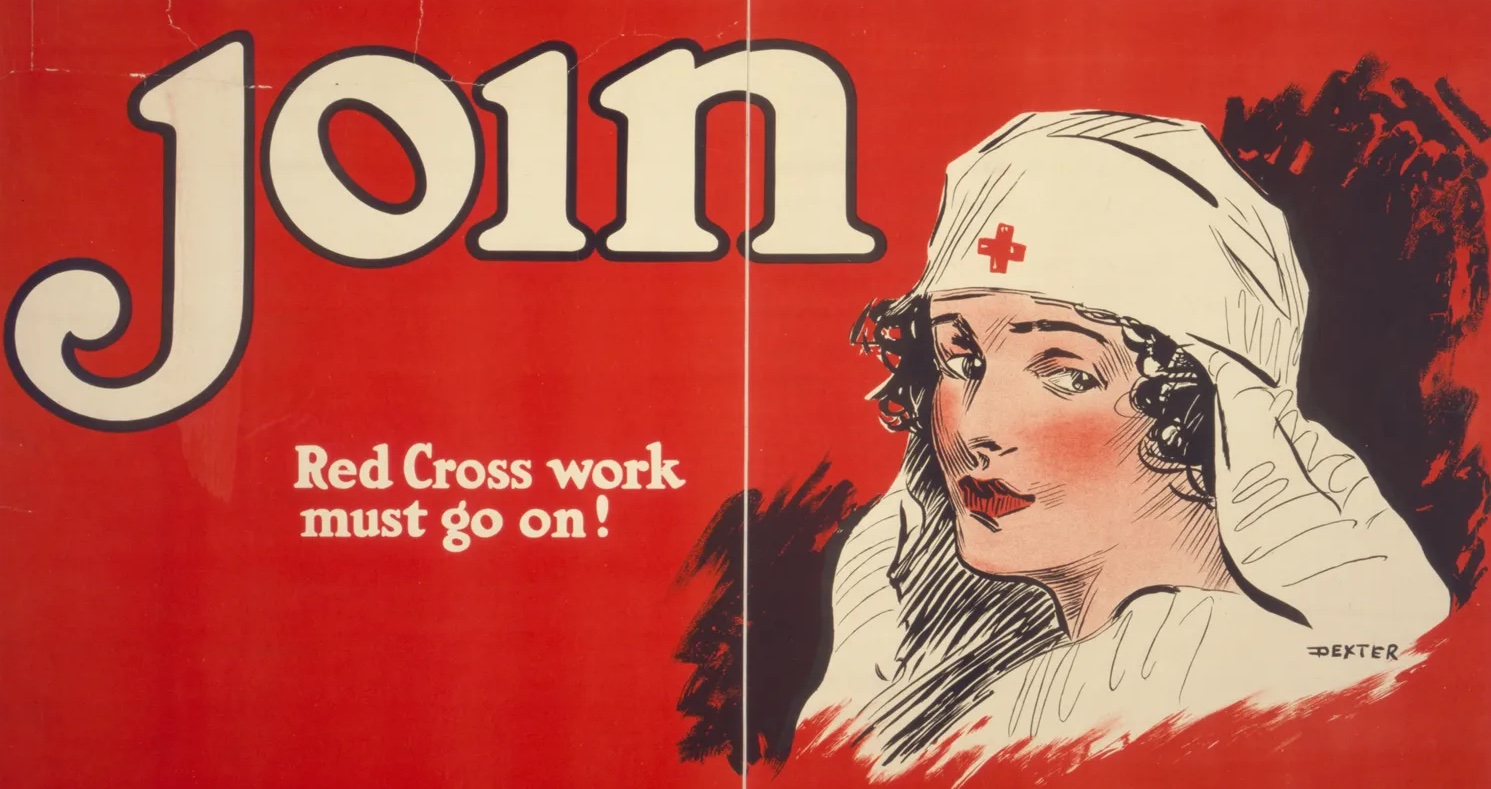“There are only two sorts of people on this planet. Those who consume culture and those who create it.”

Today, I came closer than I expected ever to be to what some have eerily characterized as an ‘out-of-body experience.’ Among other descriptions, the phenomenon is said to alter one’s metacognitive perspective in order to see oneself from a distant point of vantage. While I never left my body as I turned south from 9th Street Northwest in Washington, DC, onto Constitution Avenue, a part of my mind kicked like a gun when the iconic vision of the American Capitol rose up like Chance the Gardner‘s first encounter with the real world. I was seeing something very familiar to me, all right, but against all reason, for the very first time.
I’ve lived and worked in and around DC for the better part of three decades and couldn’t begin to count the number of times I have admired that magnificent structure. Like millions before me, I had even ventured inside it a few times. But for those who know what a shimmering scotoma looks like from the inside of the peephole, you’ll understand when I say that for a brief instant, the mirage that was ‘The Hill’ was not altogether there.
And then it all made sense.
Late one evening in a town too long ago to remember, working for a client I’d long forgotten, staying at a no-name hotel I’d just as soon forget, my consulting partner, a stranger I had just met, spotted a dilapidated player piano in a dark corner of the hotel’s restaurant.
“Look at that old thing,” said Clifford Rote, my new best friend for the rest of the week.
Management consulting, at least at the beginning of one’s career, will often see young foot soldiers slammed together at random to deliver engagements sold by senior partners who gave little thought to who would catch the next flight out.
“I wonder if it still works,” he said.
After fiddling with the paper scroll and gears, Cliff managed to conjure out of the antique machine a few bars of a Scott Joplin rag. And when the sprocket stopped turning, Cliff stretched forth his hands, cracked his knuckles, and produced from memory something mesmerizingly bluesy he might or might not have made up on the spot.
“Where’d you learn to play like that,” I asked after Cliff rejoined our table.
“Around,” he said self-effacingly. “Do you play?”
“Not anymore,” I confessed, instantly regretting my choice of words. “I took lessons as a kid is all.”
“Then, of course, you play,” he chuckled menacingly, practically daring me to take a crack at the now manual play instrument. “Show me what you got.”
It took a tense back-and-forth filled with feints and excuses for me to muster a variation of Close Your Eyes until, well, if you know the tune, you know it doesn’t go anywhere interesting.
“Something I picked up ‘around,'” I muttered as I arrived back at to the table
But Cliff was just getting started. Pouncing on the moment, he introduced me to an idea I had never encountered, would remember forever, and that shimmered like a scotoma in that no-name restaurant and on The Hill this morning.
“Did you notice what just happened?” Cliff asked. “A minute ago, that old thing was making its own music. For our part, we were faithfully consuming it. But, after it broke, just like that, we became the creators, and it the consumer. I have this theory, you see–and its holding up well so far–that there are only two sorts of people on this planet. Those who consume culture, like we first did. And those who create it, like we did next. Tell me, Scott. Which version was the more fulfilling?”
As I made my report to the no-name committee I had come to see this morning, I imagined, for old times’ sake, that I was sitting in the same room as the Watergate hearings my Congressman had slipped me in to consume a morsel of culture from a bygone era. (There it was again: the shimmering. Is that what time travel feels like?) I was just a tourist then, consuming, as all tourists know instinctively to do, DC culture by the busload. But this time, if only in the most minuscule of ways, as I sat there answering polite questions on polite issues now to be archived for fifty years, during which few will probably pay a poof of attention (it will technically be fourteen years, but I’m sure they’ll forget to shred the transcript on time), for that moment I understood I had added a wee flake of ‘culture’ to the wealth I had consumed all those decades passing by the Capitol. And in that out-of-mind moment, like Chance the Gardner seeing that same edifice rise up while wandering the first time outside the walls of the estate he was born on, I encountered something at once common and peculiar. I was, in my small way, creating culture where once I had only consumed it.
If you are too young to remember, Google the phrase ‘Kilroy Was Here’ (or while you’re at it, ‘Chance the Gardner’). What you might learn is that after the millions of times those three words were graffitied across Europe onto walls, military equipment, and even Stalin’s bathroom, there was likely never an actual Kilroy out and about during World War II. ‘Kilroy is a meme,’ you will read. Kilroy is a placeholder. Kilroy is Everywoman and Everyman. Kilroy is the creator of worlds that ventured beyond mere watching, listening, eating, drinking, breathing, laughing, crying, and consuming. Kilroy was there. Kilroy was here. And like you and me, Kilroy is still among us creating culture by the busload.
This post is from a LinkedIn Newsletter called Human Changing. Subscribe on LinkedIn


